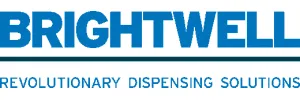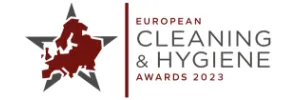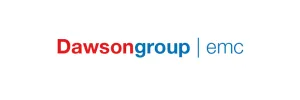Our Blog
Our treasure trove of resources, tips and tricks

Posted on 30 September 2022 by Ceris Burns
Guest Blog: Google ‘Helpful Content Update’ explained
This content was first published on the blog of our SEO partner, Sleeping Giant Media, August 2022

Google has announced that they are rolling out an algorithm change called the “Helpful Content Update” from the week beginning 22nd August 2022, for English searches globally and is expected to take up to two weeks to fully roll out.
What is the aim of the ‘Helpful Content Update’?
The aim of Google’s is to reward content that puts the user first, over content that has been written primarily with the search engine in mind. It will therefore target sites that have a relatively high amount of content that could be considered either unhelpful or unsatisfying. This is meant to help users to find better quality content, as part of Google’s ongoing efforts to improve the quality of the search results.
Over the years, Google’s algorithms have become increasingly sophisticated and able to detect outdated, spammy SEO tactics that used to enable sites with low-quality content to rank well. While many of these practices no longer work, low-quality content can often still rank highly for some searches. The aim of this update is to remove more of this low-quality information from the search results, providing a better experience for users.
What is Search-Engine-First or ‘Unhelpful Content’?
Google has indicated that the following points are likely to be a warning sign of content that users are likely to find unhelpful or unsatisfying:
- Content is written to primarily attract people from search engines, rather than made for humans.
- The site produces lots of content on different topics without any authority.
- The site produces content on a niche topic area without expertise or authority.
- Extensive automation is being used to produce content on many topics.
- Content largely summarises what others have to say without adding value.
- Content on trending topics that isn’t targeted to your existing audience.
- Content that leaves readers feeling like they need to search again to get better or more information.
- Content that promises to answer a question that actually has no answer, for example, content that suggests a release date for a product where one hasn’t been confirmed.
What is considered to be ‘Helpful Content’?
“Helpful Content” is content that satisfies what the user is looking for, meets user expectations and adds value. Some of the below points are likely to be indicators of helpful or people-first content:
- The site has an intended audience that would find the content useful, and the site has a primary purpose or focus.
- Content that demonstrates first-expertise, authority and depth of knowledge.
- Content is in-depth enough to give the user the information that is required on a topic.
- Content that provides a satisfying experience for users.
- Content that follows Google’s core update guidelines for writing high-quality content.
How does the Helpful Content update work?
The update is a signal that uses automated classification with a machine-learning model and will be one of many signals Google will use to evaluate and rank content. It also introduces a new site-wide signal, which means that if Google’s machine learning systems identify that a site has a relatively high amount of unhelpful content, the whole site could be impacted.
This is different from many other Google updates which have typically impacted on a page-by-page level, rather than sitewide.
Google hasn’t provided any guidance over how much content on a site is needed to be classified as helpful or unhelpful, but has confirmed that sites containing high amounts of “unhelpful” content will be impacted sitewide, even if other pages on the site could be considered “helpful”.
What will the impact of the update be ?
Until the update has rolled out fully, it is too soon to say exactly what impact individual sites may see as a result of this update.
However, it is likely that this will be a significant update, reinforcing the need to focus on E-A-T (Expertise, Authority, Trust) when writing content and planning a content strategy for SEO.
– Kathryn Bevan, Senior SEO Manager
If you need support producing helpful content for your audiences then please get in touch with Ceris Burns International.
Categories
- Branding
- Crisis Management
- Digital PR
- Environmental PR
- General News
- Guest Blogs
- International Insight
- Our Blog
- SEO Updates
- Social Media
- Uncategorised
Experts in Public Relations Services & Communications Management
Our ServicesGenuine industry specialists in cleaning and hygiene, environmental and recycling, and facilities management
Our Sectors












